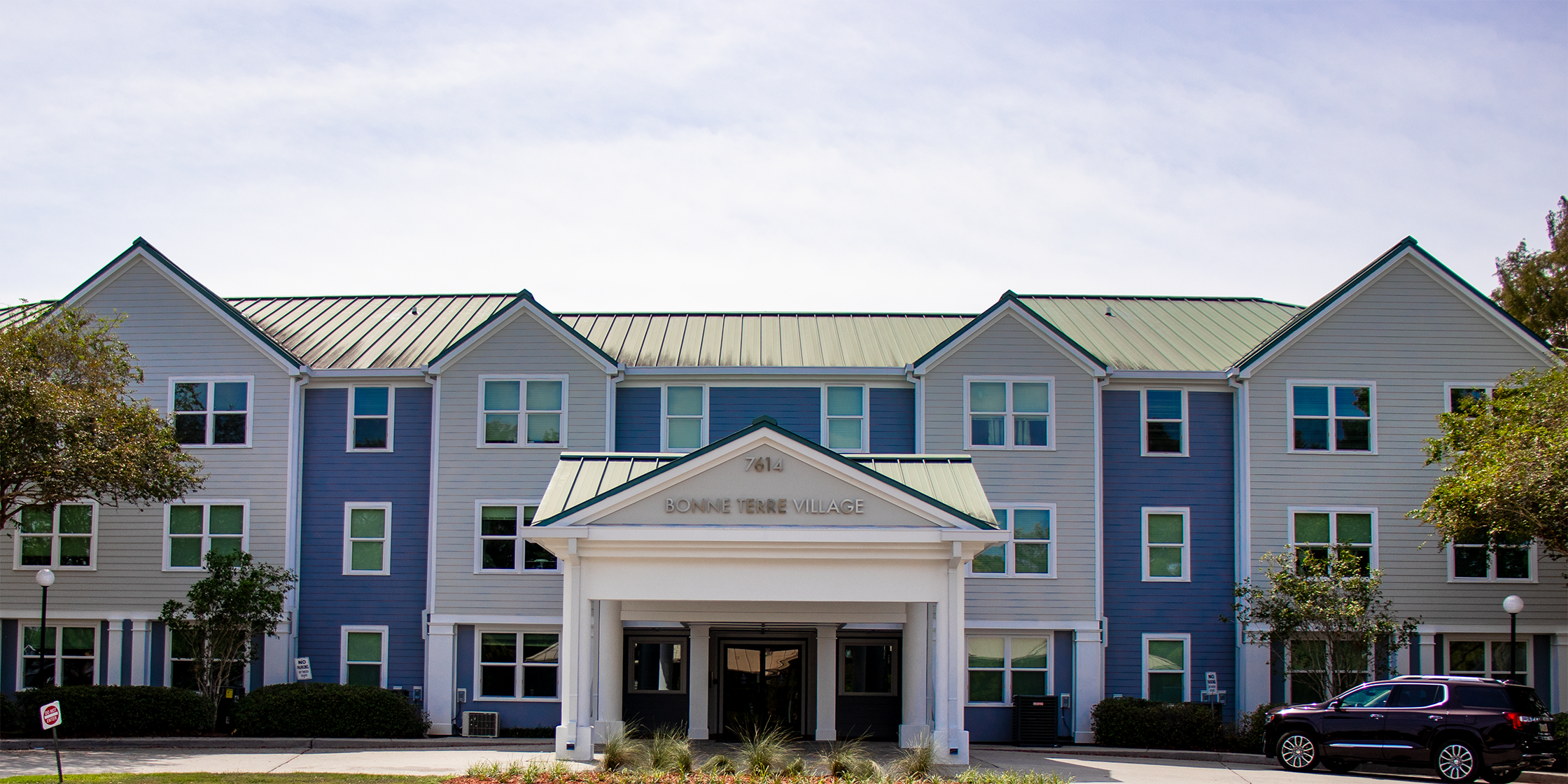Advancing Public-Private Solutions in New Orleans
Capital One convened housing and community leaders for a discussion about New Orleans housing needs and opportunities
This Spring, Capital One convened more than 50 community organizations and leaders serving Greater New Orleans to discuss affordable rental and homeownership opportunities in the region. The dialogue included perspectives from developers, congressional staffers, civic leaders, Community Development Financial Institutions (CDFIs), advocacy groups, housing counseling and supportive services organizations.
As part of the event, housing experts participated in a panel discussion led by Dr. Shena Ashley, President of the Capital One Insights Center, to highlight how the public and private sector can collaborate to advance housing solutions that are responsive to community needs. The panel focused on three themes that point to both near- and long-term solutions for local housing challenges.

1. Empowering Residents to Build Wealth Through Homeownership and Beyond
According to a recent Aspen Institute report, as of 2022, there were more than 45 million renters, representing over one-third of U.S. households. In New Orleans, more than half of residents are renters, which presents a need for tailored solutions that enable renters to build greater financial well-being and wealth whether or not they eventually own their homes.
To advance solutions, the community can take steps to educate residents on the resources available to them regarding home-buying and homeownership, as well as the avenues to wealth-generation outside of real estate; provide mechanisms for residents to build credit through on-time rent and utilities payments and remove the burden of entry away from the resident; and intervene earlier to build digital fluency and financial fluency in high schools and middle schools
“New Orleans is a city of neighborhoods,” said Alexander. “When considering the roadmap for redevelopment, we have to be intentional, neighborhood by neighborhood.”
2. Increasing Housing Supply through Flexible Financing
HousingNOLA’s 2024 Report Card calls for 55,000 additional affordable rental units and opportunities for the 21,000 first-time homebuyers facing barriers to homeownership.
Whetten pointed to some of the unique challenges impacting the New Orleans housing market, like repeat disasters and the resulting insurance crisis, an aging housing stock and rising utility expenses. She also noted that Louisiana is a relatively low population state, which means there are fewer Federal subsidies available.
These challenges, along with an acute need for affordable, below-market capital, present an opportunity for the private sector to engage.

Private capital is necessary for achieving positive outcomes for renters and homebuyers alike. Through lending and philanthropy, companies like Capital One can finance housing development and preservation and finance community-based, mission-oriented lenders whose products are tailored to respond to [hyper] local needs.
“Financing is a critical ingredient in solving our housing challenges, and CDFIs play a key role,” said Whetten. “They’re often the first ones in, testing things out and creating viable products that bring others in.”
Tools and resources the private sector can provide include flexible & responsive capital, as well as support for CDFIs to scale their activities and operations efficiently, while retaining the high-touch model.
3. Creating a Policy Environment for Housing Success
In New Orleans, residents overwhelmingly voted to create the New Orleans Housing Trust, which is the City’s largest local housing affordability investment. The Housing Trust Fund designates 2% of the city’s annual budget to create and preserve affordable housing — with no new taxes created to offset the cost. The Fund is expected to open up $17 million for housing; when combined with private and/or federal funding, it has the potential to unlock more than $1 billion over the next 20 years.
Additional policies that would contribute to housing supply include incentivizing development of both housing and amenities in the most underresourced communities. Local policy can also incentivize the creation of duplexes, which can provide both affordable housing and wealth generation opportunities.
Federal policy also has the ability to generate more affordable housing opportunities. Capital One has financed billions in affordable housing for low- to moderate-income households nationwide, and the Low-Income Housing Tax Credit and New Markets Tax Credit enable ongoing, expanded investment. These federal programs allow Capital One to enhance collaboration with public, private and non-governmental organizations to create and preserve affordable housing, improve access to goods and services, and create jobs for American workers, families and communities.


